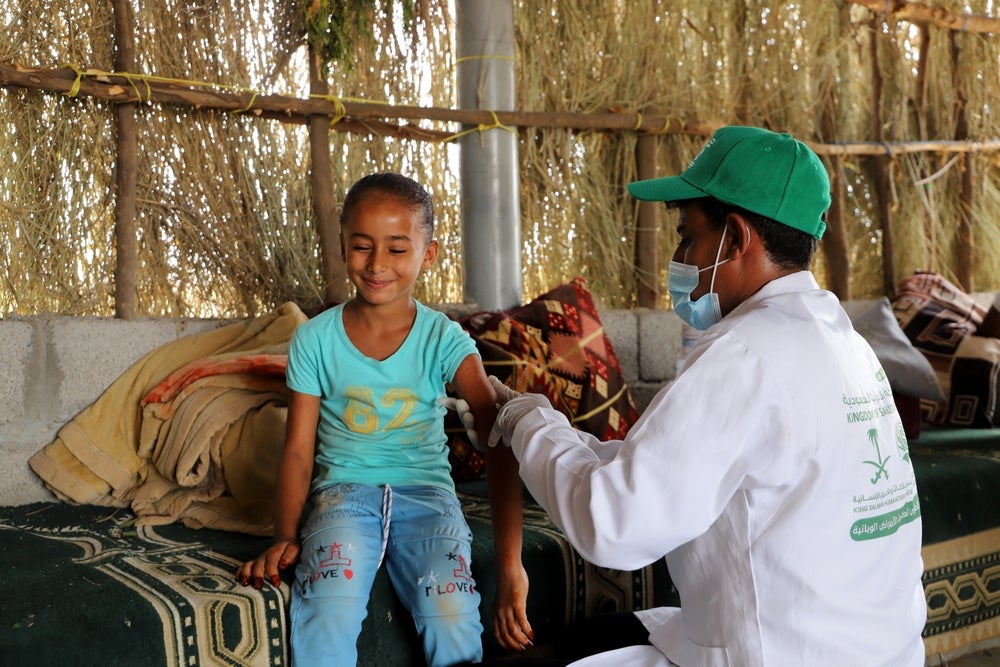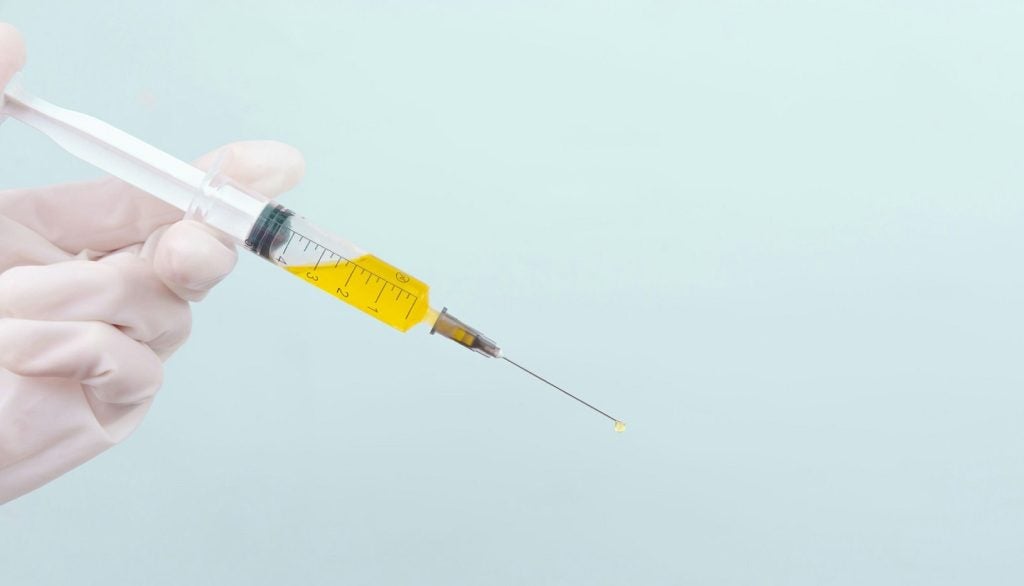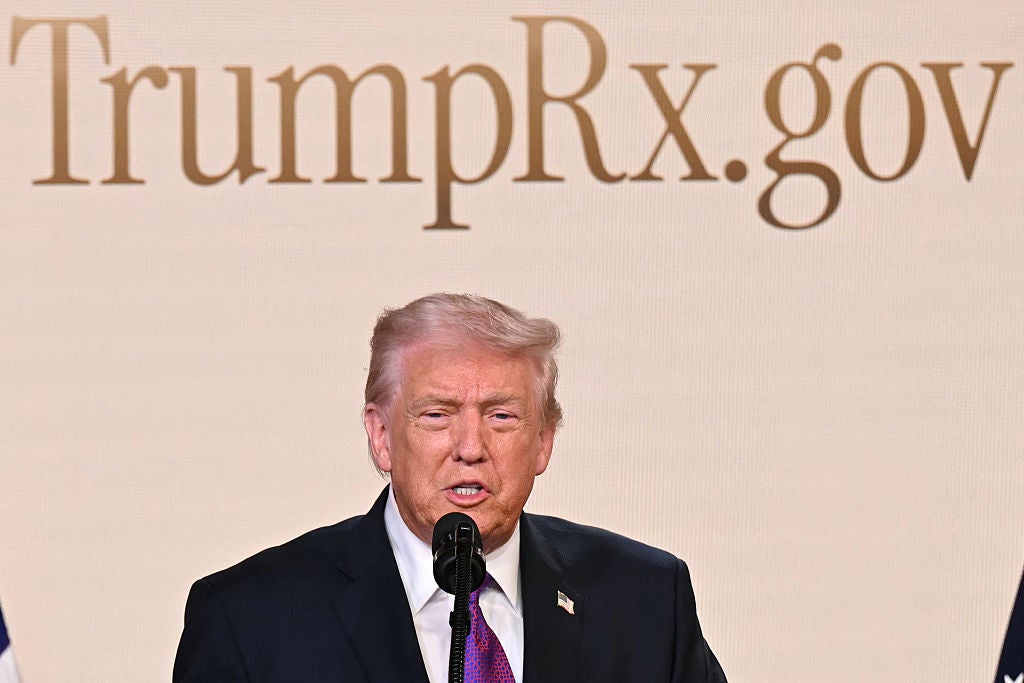A joint report by United Nations (UN) agencies has revealed that global immunisation coverage has stalled, remaining largely unchanged from two years ago.
The data, from the World Health Organization (WHO) and UN Children’s Fund (UNICEF), shows that immunisation coverage has settled at 84%. The figures are measured by the key marker of the number of children who received three doses of the vaccine against diphtheria, tetanus and pertussis (DTP) last year.
Additionally, 14.5 million children did not receive a single dose of the vaccine in 2023, up from 13.9 million in 2022.
The report highlighted that more than half of unvaccinated children live in “fragile, conflict-affected and vulnerable settings”. Lack of access to security, nutrition, and health services means children living in countries at war are especially vulnerable to diseases.
The World Health Assembly has set a global strategy of having individuals of all ages immunised by 2030, ensuring no event hampers access to vaccines.
Additionally, the global vaccine coverage rate has still not returned to levels in 2019, the year before the Covid-19 pandemic disrupted immunisation programmes. The UN said this reflects the interruption still being experienced in rolling out vaccines and logistics.
The UN also highlighted vaccine hesitancy, which continues to persist years after the pandemic, and access inequalities as major factors influencing coverage. In the first seven months of the Covid-19 vaccination campaign, more than 80% of the doses were concentrated in high and upper-middle-income countries.
The stall in immunisation coverage is encapsulated in the emerging measles outbreaks. A coverage rate of 95% is needed to prevent outbreaks, but only 74% of children received two doses of the measles vaccine in 2023. The UN stated that countries with low vaccine coverage experienced most of the outbreaks seen across the globe in the past five years.
Yemen, for example, has been experiencing a civil war since 2014. In May 2024, the country rolled out a measles vaccination programme to bolster its coverage rate which sits at around 41%.
WHO director-general Dr Tedros Adhanom Ghebreyesus said: “Measles outbreaks are the canary in the coalmine, exposing and exploiting gaps in immunisation and hitting the most vulnerable first.”
UNICEF executive director Catherine Russell said: “The latest trends demonstrate that many countries continue to miss far too many children.”
"Closing the immunisation gap requires a global effort, with governments, partners, and local leaders investing in primary healthcare and community workers to ensure every child gets vaccinated, and that overall healthcare is strengthened.”
In more positive developments, the UN said the use of newer vaccines for human papillomavirus (HPV), meningitis, and polio, amongst others, continues to rise. The share of teenage girls who have received at least one HPV vaccine dose has risen by 7% in the past year. Similar to measles, however, HPV immunisation coverage still falls below the 90% needed to eliminate cervical cancer, especially in low and middle-income countries.
















